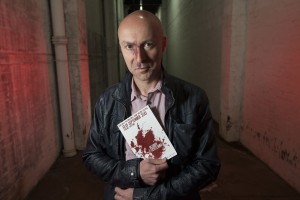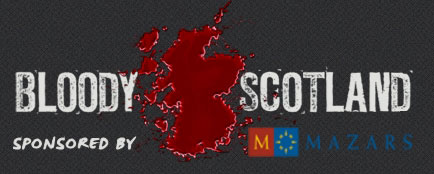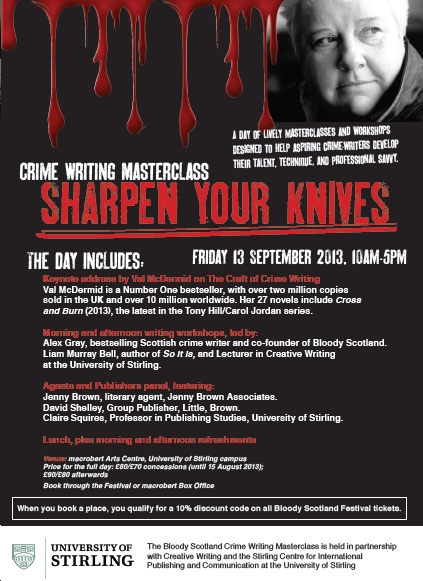On Thursday November 2nd, Peggy Hughes, manager of Literary Dundee (but changing to Program Director of Writers’ Centre Norwich this month), visited Stirling University and enlightened Publishing and Creative Writing students in our future possible paths in the book industry.
With a lot of enthusiasm, Peggy talked about her adventure in this sector, beginning with her English Literature studies at St Andrews. While studying, she knew that she didn’t want to become a teacher, so she applied for a job in the Edinburgh International Book Festival to get some experience in the book industry. She got rejected (as life is full of rejections) but she got involved with StAnza Poetry Festival, a very useful experience that helped her get into Edinburgh International Book Festival the following year.
West Port Book Festival
Then she graduated and started to work in the bookshop Armchair Books, located in Edinburgh, which the sitcom Black Books was based on. As a result of working there and seeing the potential of the area for housing a book festival (West Port had six bookshops and a nice pub), she set up the West Port Book Festival with some friends.
It was not easy to re-brand the area and start a project like this without funding, so they pre-crowdfunded the project (the clients of Armchair Books contributed to the cause) and learned how to develop a festival like this. West Port Book Festival was celebrated for five years (from 2008 to 2012), which is not difficult to believe, regarding that some of the authors of the first year were Ian Rankin, Ali Smith and Alison Louise Kennedy.
After that, Peggy worked for nine months in the Scottish Poetry Library (at one point the 4th most influential library in Twitter) and later in the press and marketing of Edinburgh UNESCO City of Literature Trust, where she got to promote unique events celebrated in Scotland. In 2013 she got a job in Literary Dundee, where she is currently working as a manager, as said earlier.
Literary Dundee
This cultural organisation, associated with the University of Dundee, celebrated Dundee Literary Festival for the first time on 2007. Since then, the organisation has organised lots of different and uncommon events, as talks with authors, involving music, biscuits, networking and a brilliant atmosphere. This October the festival had Laura Jones and Heather McDaid (404 Ink), Jenny Niven (Literature and Publishing at Creative Scotland) and Laura Waddell (HarperCollins) among others.
This November, Peggy starts a new chapter in her career as the Program Director of the National Centre for Writing at Dragon Hall, a magnificent medieval building in Norwich that will become a literary centre and where she will be working within a team. She is very excited to start a new adventure in this dreamy place.
Some final tips and book recommendations
Apart from seeing Peggy’s steps and how her career has brought her to Ireland again, one of my favourite moments of her visit and, probably not only mine, was when she gave us some top tips for working and getting into the book industry:
- Keep calm and love spreadsheets: have a good relation with numbers and with Excel, as being confident with it will benefit employment opportunities.
- Look for a mentor.
- Live and learn how to prioritize.
- Do your research: be accurate when applying for a job and think about the person that is in the other end and receives your email (as there are people there).
- Read, read… read: if someone asks you “What are you reading?” you should be able to answer.
- See an opportunity and do it: this is what 404 Ink did.
- Say yes, and yes: the first time is frightening, but you have to try. Only if you know for sure that you can’t do a good job say no.
- Just be nice.
She also gave us two book recommendations: Align me by walking by Sarah Bomb, a novel that shows you how to stay motivated and remain hopeful, and The faraway nearby, by Rebecca Solnit.
She finished her visit in the best way possible: with free books to a lucky winner and the quote “how you spend your days is how you spend your life”, affirming that we had to feel like a cat with balloons, meaning that what we do has to make us feel happy. The truth is her visit and her enthusiasm (and its terrific end) made us feel really happy.
By Mireia Pauné
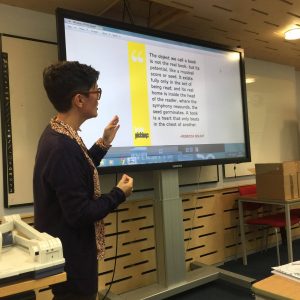
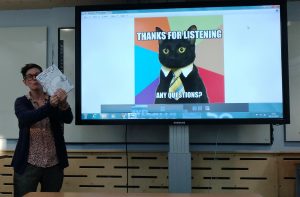
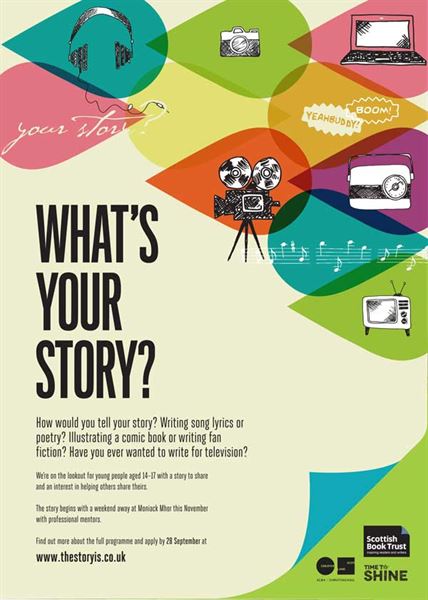
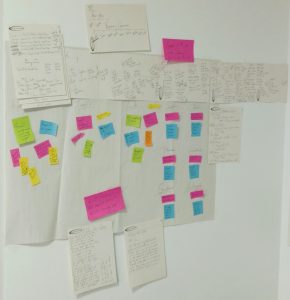
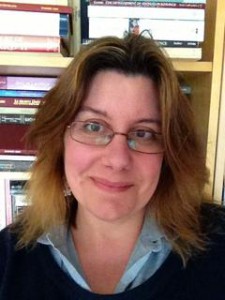
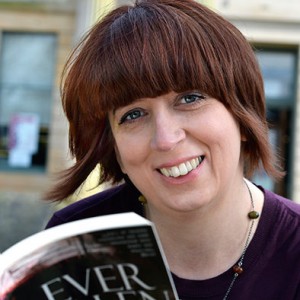
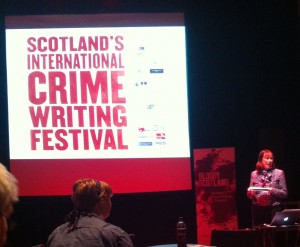 Stevie Marsden reports on the launch of this year’s Bloody Scotland festival:
Stevie Marsden reports on the launch of this year’s Bloody Scotland festival: I’m lucky enough to help in the co-ordination of the competition, and it’s really exciting to see undiscovered authors get the opportunity to have their work read by a worldwide audience; last year’s winner was US writer Mindy Quigley who won a landslide public vote for her story ‘
I’m lucky enough to help in the co-ordination of the competition, and it’s really exciting to see undiscovered authors get the opportunity to have their work read by a worldwide audience; last year’s winner was US writer Mindy Quigley who won a landslide public vote for her story ‘